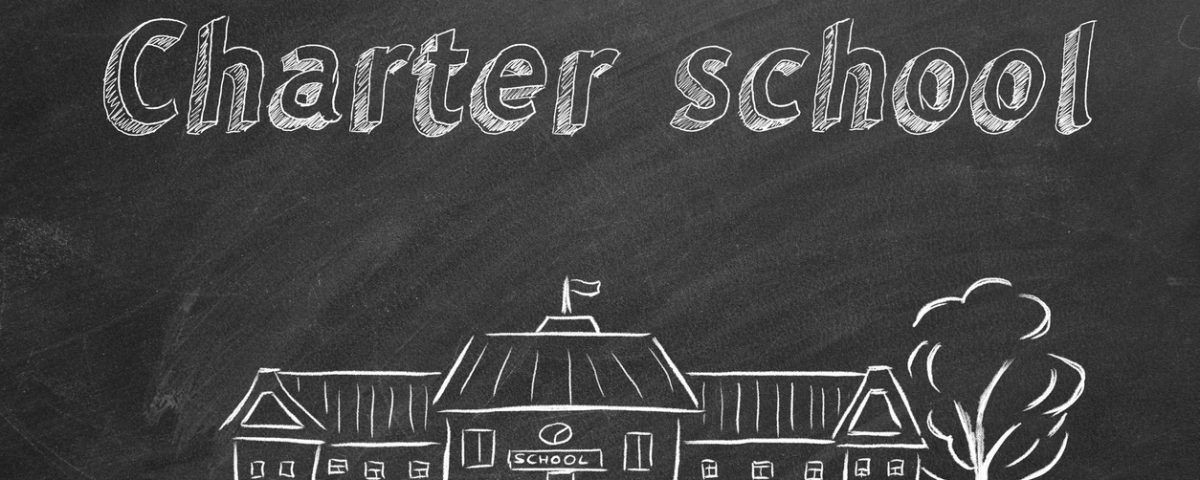Dispelling Common Charter School Myths

Harvard Study Shows the Positive Impact Charter Schools Make on Students
November 23, 2020
Navigating Special Education Amid COVID-19
December 7, 2020Dispelling Common Charter School Myths
Families vary widely in their educational needs, and the range of school choices available helps them choose what’s best for their children. From district magnet schools to public schools to public charters, the range of options offers families varying levels of structures and benefits. Depending on personal needs and preferences, all choices present multiple advantages to children. However, growth in charter schools and school choice has become highly politicized in recent years, with critics arguing that charter school growth could be the beginning of the end of public education.
Uninformed rhetoric has played into myths surrounding charter schools, how they operate, and how they benefit children and their families. Parents and communities need to understand the truth about charter schools and lean on facts to dispel myths surrounding them.
Myth: Charter Schools Are Privately Funded Schools
The truth is every single charter school in the United States is a tuition-free public school. Charter schools get their funds through local, state, and federal tax dollars based on student enrollment, much like public schools. Charter schools, in fact, add to the options of public schools for families that may be unhappy with their local neighborhood schools but cannot afford a private school.
Myth: Charter Schools Are Not Responsible for Academic Performance
Charters must meet the same academic standards and expectations that all public schools must meet. Independent charter schools are highly accountable for student academic performance and fiscal management, answering to the state and their charter authorizer. The school authorizer is either the State Charter Commission or the local school district. Charter schools that underperform academically can shut down quicker than low-performing traditional public schools.
Myth: Charter Schools Accept Only Top Students
Charter schools are available to any and all students, no matter their past academic performance. Every charter school must have an open admission process that’s fair and balanced for all potential students. Because they are free and open to the public, charter schools can never promote selective admissions policies. When enrollment requests outnumber the number of seats, charter schools are expected by law to hold a public lottery to decide who will attend in the coming school year. Like public schools, charters are legally mandated to be non-discriminatory in their admissions.
Myth: Charter Schools Take Money from Public Schools
When charters get financing, there is no overall public school funding loss because charters are public schools. Public charters approved at the state level, like in Illinois and Georgia, receive state financing without local taxpayer funds.
About PGUI
Professional Governmental Underwriters, Inc., is a full-service risk management company dedicated to assisting public, educational and non-profit entities in the management of their professional liability exposures including educators liability insurance. We are dedicated to providing state-of-the-art professional underwriting management and loss control advisory services on behalf of our designated carriers. For more information, call us toll-free at (800) 586-6502.


